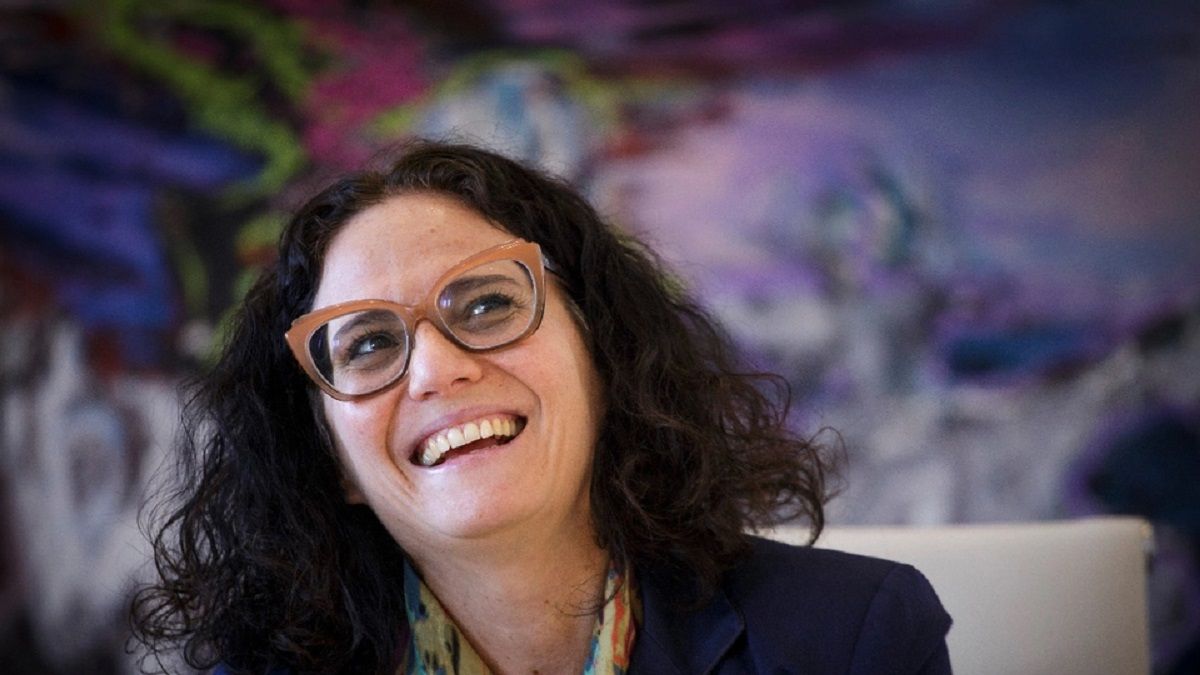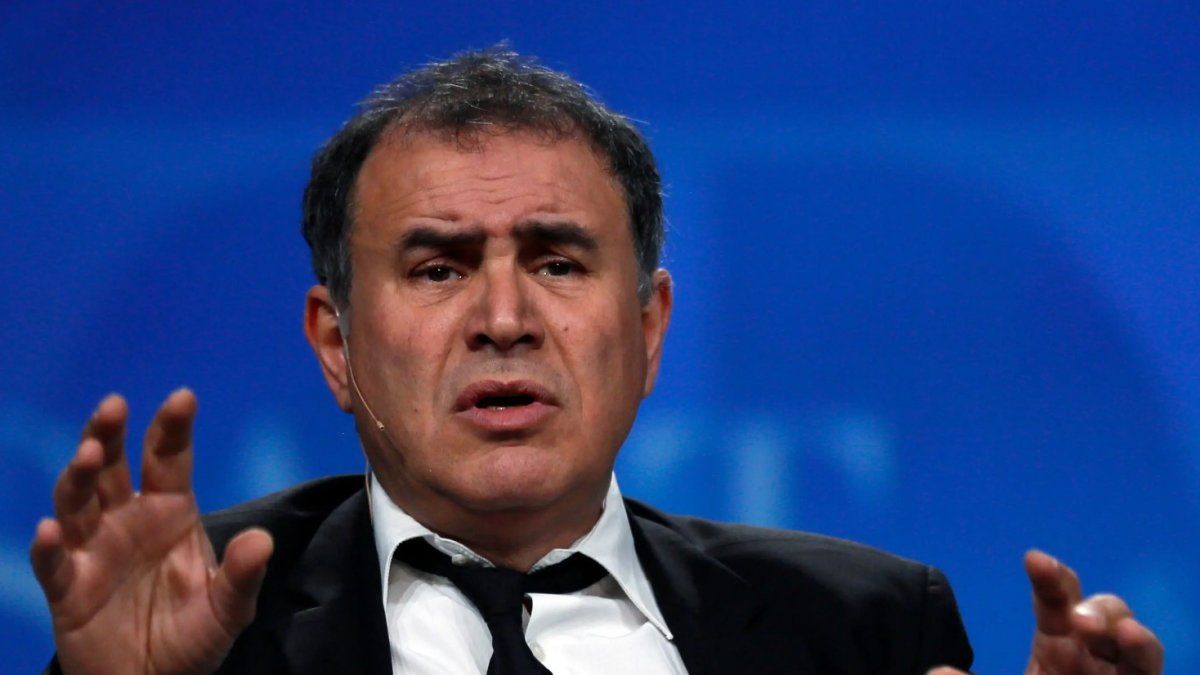In this sense, he asserted that the Argentine economy needs to “recover reserves, generate employment and reduce inflation in a very difficult context.”
“It is a feasible agreement that takes into account what the Minister of Economy (Martín Guzmán) placed as the axis: take care of real spending and investment, and that Argentina can grow,” added the official.
However, he pointed out that “the work that needs to be done begins with the agreement and does not end with it,” and that it is necessary to “advance quickly in it to put energy on the production and work agenda.”
Regarding the questioning of the agreement, Todesca Bocco considered them “logical reactions.”
“When an economy like ours gets into debt in this way and with this payment schedule, the problem is very big and difficult to solve, and then discussions are generated around this,” the economist said.
After which, he opined that “dissidence, different opinions and friction within the two coalitions have to do with the size of the problem.”
“Many of the things that (the deputy) Máximo Kirchner and La Cámpora say, I share them, such as that this loan had a size and a schedule that can only be explained by political reasons,” said Todesca Bocco, who also questioned that “Some officials and members of the opposition continue to argue whether they put the country in debt or not.”
Despite this, he asked both forces for “responsibility” to “be able to turn the page.”
“The debt is here and people are waiting for us to move forward. There are things that are not resolved because we have these payments ahead of us, and then it is very important that the political forces agree,” said the former deputy chief of staff, who considered that the political leadership “has an obligation to tell the people how this is going.”
Lastly, when asked about the evolution of the exchange rate, she confirmed that the agreement contemplates that “there is not going to be an exchange rate jump”, since it “would fuel an even greater jump in inflation”.
“What the agreement says and the Central Bank has as a policy is to support the exchange rate or ‘crawling peg’ of 2021 with daily adjustments so as not to make jumps,” he explained.
The agreement entered yesterday afternoon in the Chamber of Deputies and on Monday it will begin to be debated in the Budget Commission of the Lower House, with the presence of the Minister of Economy, Martín Guzmán, and other officials of the Executive Power.
The new program -called Extended Facilities- has a duration of two and a half years in terms of the commitments assumed, and is a refinancing of the debt taken during the management of former President Mauricio Macri.
The agreement will have 10 reviews and they will be quarterly with disbursements, while their cancellation will be between 2026 and 2034.
Source: Ambito
David William is a talented author who has made a name for himself in the world of writing. He is a professional author who writes on a wide range of topics, from general interest to opinion news. David is currently working as a writer at 24 hours worlds where he brings his unique perspective and in-depth research to his articles, making them both informative and engaging.




